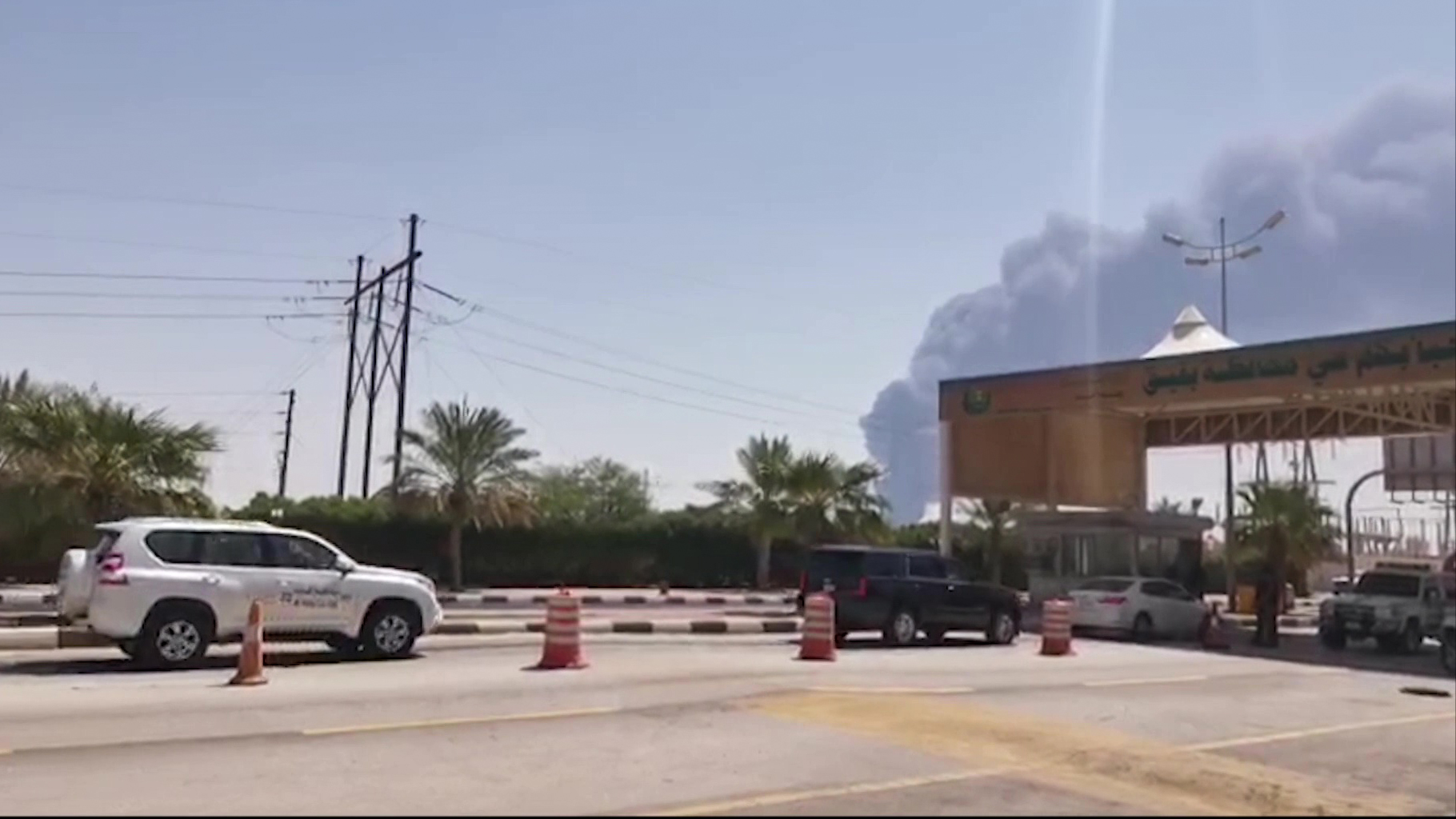Is tapping into oil reserves a confidence-building measure?
Is tapping into oil reserves a confidence-building measure?
Kai Ryssdal: I’ll tell you, this rarely happens, but I actually had some doubt today about where to start. Talks on the debt limit blowing up? Oil prices tumbling? Stocks doing the same — until there was news of a debt deal in Greece. JK Rowling and Potter-more? OK no, I was never really going to do Harry Potter unless she’d said there’s aN book eight coming out. So in the end I went with oil. Crude prices took a nosedive today — down 6 percent after the International Energy Agency and the White House each announced they’re going to sell off some of their strategic petroleum reserves. There wasn’t much explanation as to the logic of the whole thing, so we called up Sarah Emerson. She’s the president of Energy Security Analysis. Welcome to the program.
Sarah Emerson: It’s nice to be here, thank you.
Ryssdal: Why now with this release?
Emerson: Why now? Because they didn’t do it three months ago.
Ryssdal: Explain that a little bit.
Emerson: Well, when the Libyan oil production went off line, you could credibly say there was a disruption to the oil market and this is what strategic reserves are used for — to respond to that kind of emergency. But I think there were a number of reasons why they didn’t respond at that time. I think there was some concern that the Arab Spring might result in other supply disruptions. I think there was recognition that oil demand was at its seasonal low. But I will also add that there was a little bit of naivete about what do we use these things for.
Ryssdal: One assumes, and maybe this is just a wrong assumption, that they’re doing it to drive down prices. Or is it a confidence-building measure?
Emerson: Well, I think it’s a combination of things. I think you have to go back to the reason for strategic reserves. They are not an economic lever. And that’s why the statements that have been made by both the IEA and the United States is we’re responding to the ongoing supply disruption from Libya. You could begin to connect the dots and say, well we also heard some bad economic news, the oil prices have been very high .So if you begin to connect those dots, you also begin to think that it’s more than just Libya. I think we’ve got to be a little bit careful in not creating a conspiracy theory.
Ryssdal: This is 30 million barrels from us, 30 million barrels from the IEA — 60 million total obviously. That’s what the United States uses in like two and a half days. How much good can it really do?
Emerson: Well, I think it’s important to recognize that this is not about replacing or augmenting supply just for the United States. It’s really targeted at a very specific volume that would have come normally from Libya. And it’s also a very specific kind of crude — it’s a light, sweet crude. So by reducing the reserve, the U.S. government can put a light, sweet crude into the market in the Gulf Coast and at the same time the IEA can put light, sweet petroleum products into the market in Europe.
Ryssdal: Petroleum products versus crude, I gather you said that because there’s a difference between what we will release and what the Europeans will release?
Emerson: Yes. And let’s also talk a little bit about the word release. In the case of the United States, release makes it sound as if we’re sort of pouring it into the market. Basically, all it means is that the DUE puts 30 million barrels up for sale, then companies can bid to purchase that crude.
Ryssdal: So if you want it, come get it. Right?
Emerson: If you want it, come get it.
Ryssdal: And just to be clear, we hold crude. The Europeans hold distillates, right? Petroleum, gas, fuel — stuff that’s already been distilled.
Emerson: Yes, they hold predominately gasoline and diesel.
Ryssdal: Sarah Emerson, the president of Energy Security Analysis in Wakefield, Mass. Sarah, thanks a lot.
Emerson: You’re very welcome. Thank you.
There’s a lot happening in the world. Through it all, Marketplace is here for you.
You rely on Marketplace to break down the world’s events and tell you how it affects you in a fact-based, approachable way. We rely on your financial support to keep making that possible.
Your donation today powers the independent journalism that you rely on. For just $5/month, you can help sustain Marketplace so we can keep reporting on the things that matter to you.


















